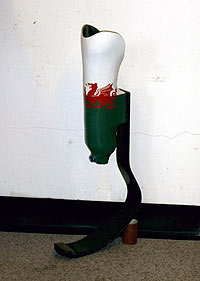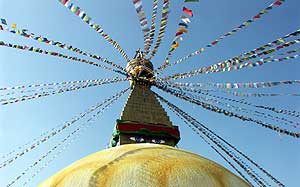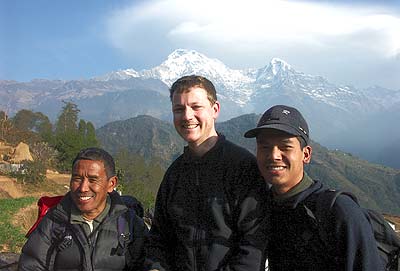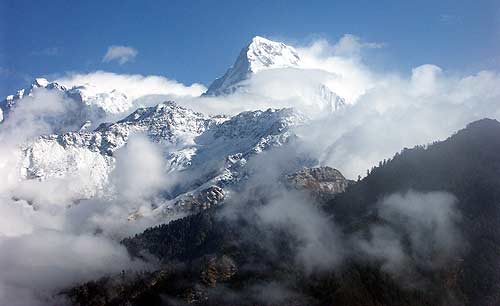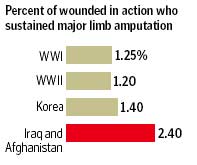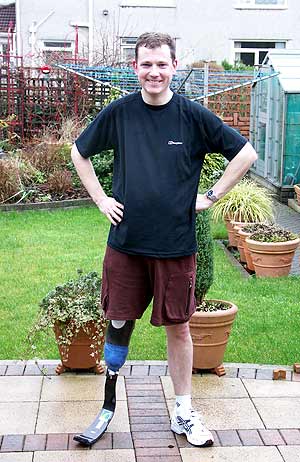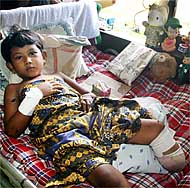
This morning, Aileen and I went walking on the trails around
Cookham in Berkshire. On the way back we stopped by a village we hadn't visited for a decade.
In 1994, a year after graduating from university, we were starting our climbs up the career ladder. I'd just returned from doing six months voluntary work in the Hebrides when I got word that Tom, my housemate through three years of college, had killed himself.
Tom, an astrophysicist, had begun suffering from incapacitating depression during our final year. He'd spend days lying fully clothed on his bed, unable to function. On occasions he'd disappear for days at a time. Often he'd stay with friends but sometimes he'd check himself into a psychiatric hospital.
We were all too young, and too wrapped up in our impending finals, to know quite what to do to help him.
As his life fractured, Tom's tutors agreed to defer his finals for a year. When the rest of us graduated and left Birmingham contact became sporadic but all the signs were that he was recovering. A year later, he finished his exams and got his degree.
But in August 1994 a friend rang and told me that Tom had taken a fatal overdose. I helped carry the coffin to his grave at Holy Trinity Church in the village of Lane End.
And so, a decade later, we returned to the church. Our memories of that day ten years earlier had faded with time and we weren't sure we'd remember where he was buried. But we managed to find Tom's plot. His grave is marked by a simple wooden cross.
Tom was just 22 when he died.
We considered ourselves adults then but in retrospect we were only kids. So much has happened, both good and bad, since then -- it seems like another lifetime. I couldn't help wondering what he'd think if he'd survived the overdose and was still around today.
He'd probably say it felt like another lifetime too -- but it's a lifetime he never got to see.
